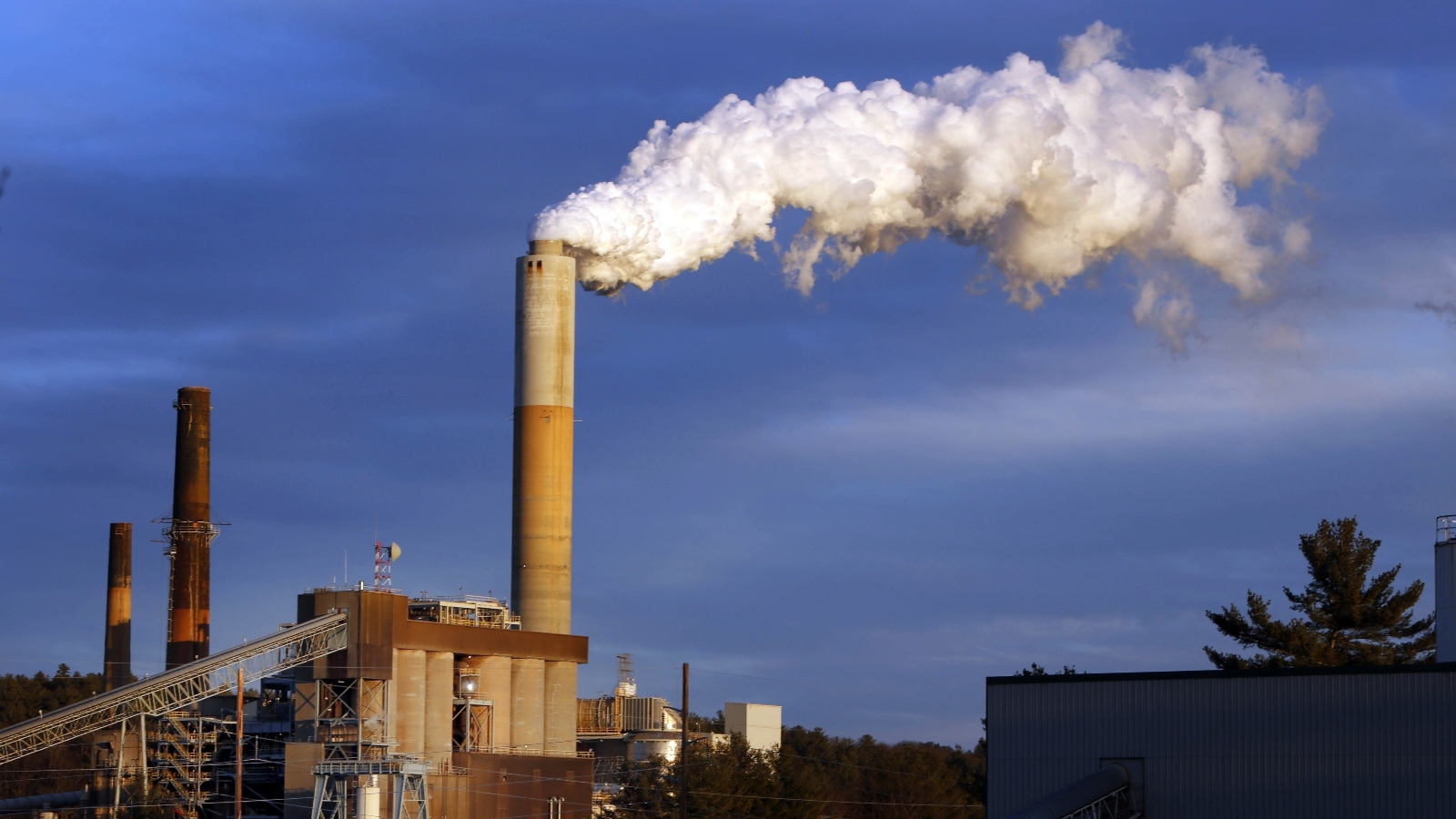Key insights
-
1
Coal's Economic Decline
Coal plants are becoming economically unviable in New England due to competition from natural gas and renewables.
-
2
Transition to Clean Energy
The closure allows for the redevelopment of the site into a clean energy complex.
-
3
Federal Policy Impact
Changes in federal renewable energy policies may affect future developments at the site.
Takeaways
The closure of New Hampshire's last coal-fired power plant underscores the ongoing transition from fossil fuels to renewable energy sources, reflecting broader economic trends in the energy sector.

